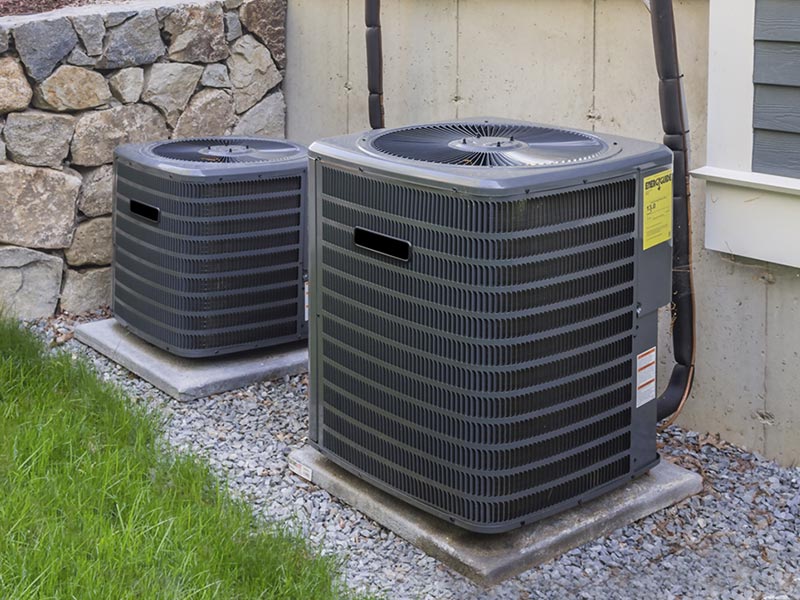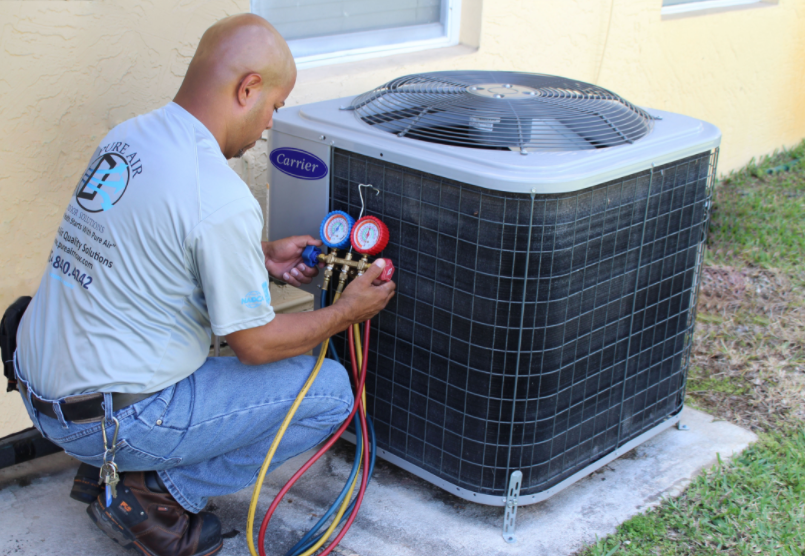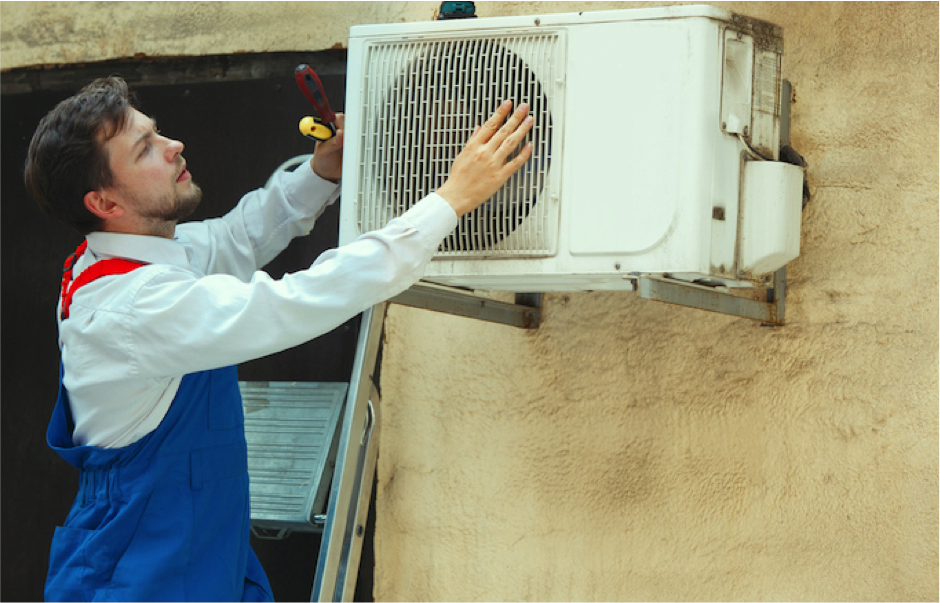There are a lot of misapprehensions around how HVAC systems function!

Although many people have heating and cooling in their homes, they may not know how they operate. Adding their lack of knowledge to the many myths surrounding HVAC systems, homeowners become more confused.
While it’s easy to believe in myths, especially when they are said to improve efficiency and save energy bills, it would be better to learn about the best maintenance and efficiency choices to ensure your system’s functionality and longevity. This can help you get the most out of your HVAC system. Below are common HVAC myths debunked.
1. Filters can only be replaced once a year
If you decide to wait for a whole year to replace your HVAC’s filters, they can get very dirty. Airborne particles such as debris, grime, and dust can accumulate in your filters every day. Dirty filters limit airflow and cause your system to work harder, increasing utility bills.
To ensure your cooling and heating system’s energy efficiency and keep your indoor air clean, consider changing your filters every few months. Research on the best HVAC filter, to boost indoor air quality and increase the system’s efficiency.
2. Decreasing or increasing thermostat temperature can quickly cool or heat your home
Whether you decrease and increase your thermostat’s set temperature, it takes the same amount of time to cool or heat your home. However, dramatic increases or decreases of thermostat temperature increases energy consumption and, consequently, utility bills.
3. If your HVAC is okay, you don’t need to call a professional
HVAC systems are made up of many parts, including coils, belts, p-traps, and motors which should always be in good shape for high efficiency. Keeping up with regular maintenance helps you identify an issue before it can cause a breakdown or lead to expensive repairs. Additionally, regular HVAC maintenance enables your system to last longer while ensuring energy efficiency.
4. The bigger the HVAC system, the better
You may be tempted to get the largest HVAC system possible, but if your space is too small for it, the system will cycle it on and off too fast and too often, costing you more money and causing the system to wear out more quickly. In addition, a large system can leave your home feeling more damp because the heating and cooling system cannot run long enough to remove moisture from the air. To get the size that best suits your home, consult an HVAC specialist. When buying an AC system, consider your home’s age, the number of people living in your home, climate zone, and square footage.
5. Your thermostat’s placement isn’t important
A thermostat acts as the HVAC’s brain. It tells the system when to turn on and off. This is why your thermostat’s placement is essential if you want to get your home’s overall accurate temperature readings. Placing them in direct sunlight, near vents, adjacent to windows, or near kitchen appliances isn’t a good idea because the temperatures aren’t a representation of the entire home’s temperature.
6. Endnote
With the help of the above debunked myths and continuous learning, your HVAC can last longer, become more energy-efficient, and reduce your utility bills.


No comments:
Post a Comment